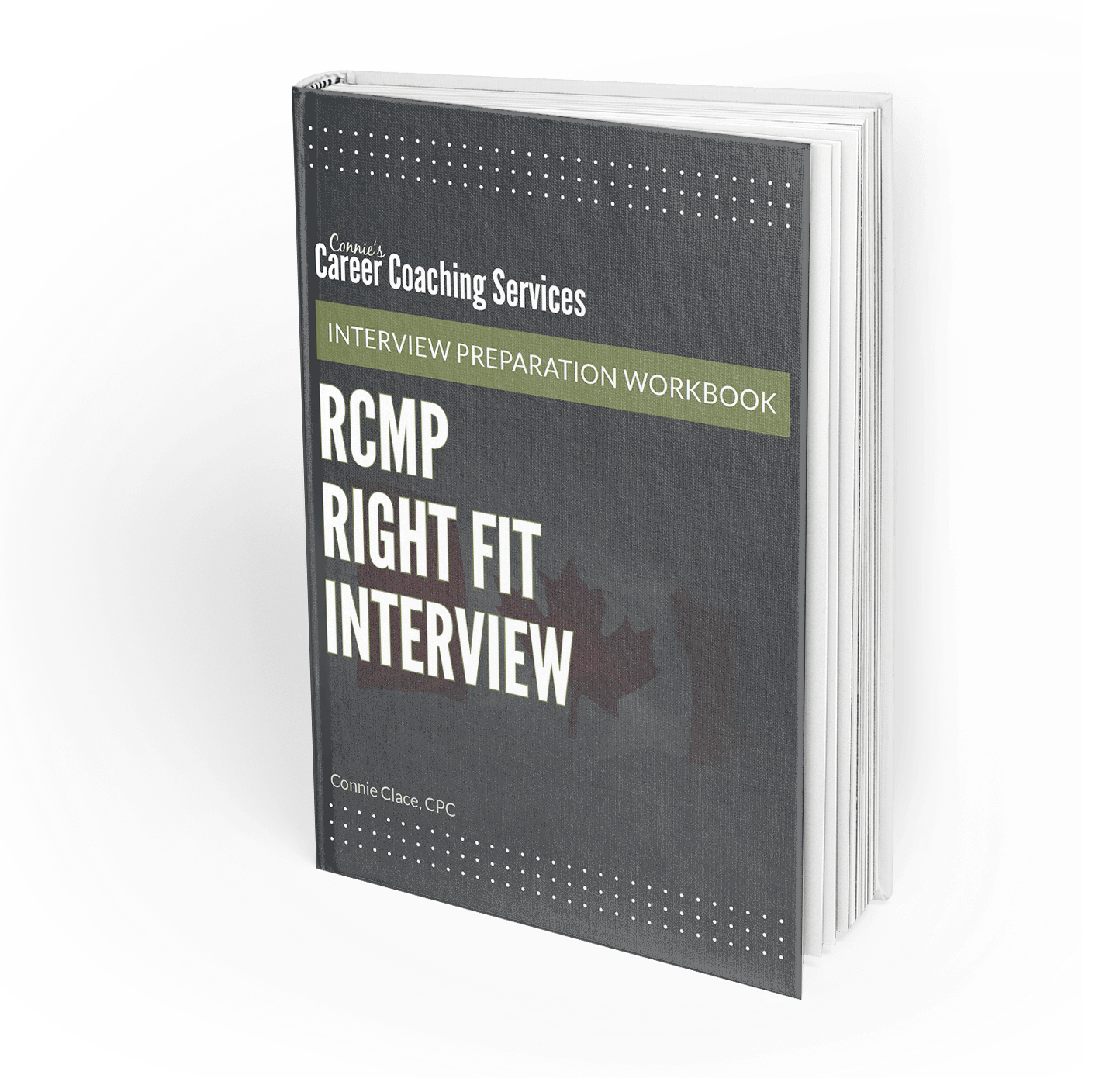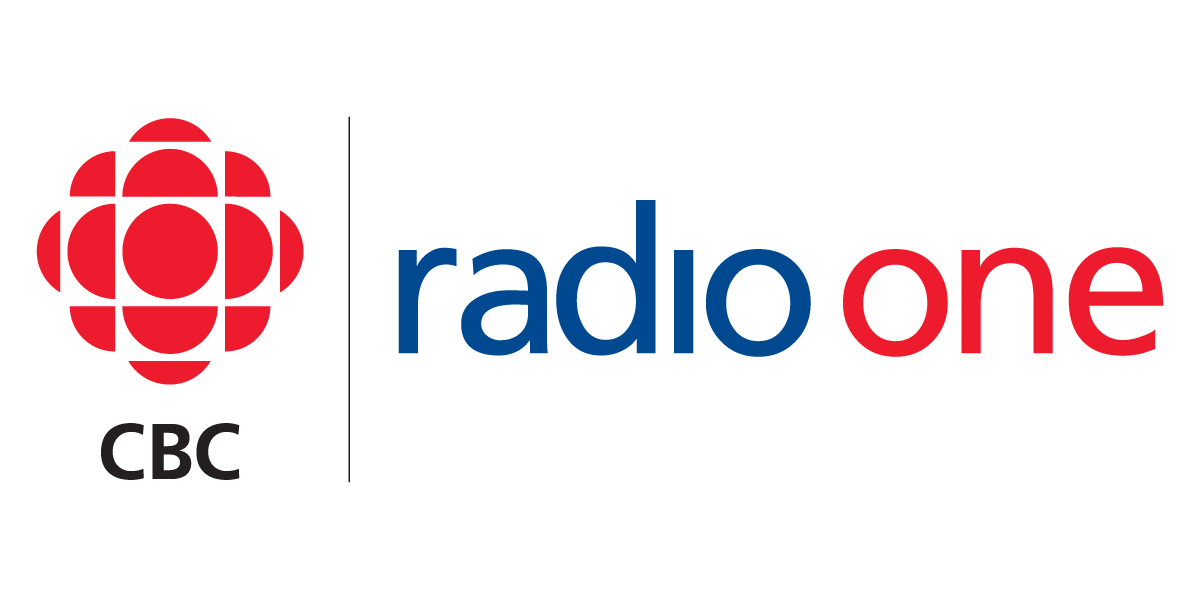What is a competency based interview?
Do you know what a competency based interview is and how to prepare? What if you don’t know what type of interview it is going to be? How can you tell if it’s going to be competency based or not?
Well, there are a number of ways to tell what kind of interview it might be.
Typically, when you get invited to an interview, you will receive an email advising you that you have successfully moved to the interview stage of the process, and that you are invited to attend an interview, with details of where and when to go.
In the email, you might also get information on what the interview board will be assessing. This is your first clue as to the type of interview you will be attending. If the invitation lays out specific competencies, i.e. communication, leadership, problem solving, then that is a pretty good indication that you will be having a competency based interview.
So, what does that mean? How will they assess those competencies? Well, there are two ways they could approach the interview. They could conduct a behavioural based and/or a situational based interview. In my first post, we focused on the behavioural based questions. Now, we will focus on the situational based questions.
Situational Based Interview
The situational based interview is where the hiring board will lay out a scenario that is hypothetical in nature, and then ask you what you would do should you find yourself in that situation. These questions will focus on getting you to tell what your action would be and why.
Basically, they will ask a question like:
You are working in a team environment, and two of your team members are embroiled in a conflict. What would you do and why would you take those steps?
These questions can be very difficult to answer because you can’t actually practice your answers if you don’t know what the questions are going to be. You have to think on your feet and come up with a good response. Unlike the behavioural based questions, where your answers are your stories and you can practice them, there is no way you can practice these answers. However, does that mean you can’t prepare at all? No. You can still prepare.
Anticipating the Questions
As with the behavioural based questions, you know what the competencies are that are being assessed by the board, as they were provided to you either in the job poster or in your invitation to interview. So, if you know that there will be situational based questions, you can anticipate what some of the questions might be based on the competencies. For instance, if one of the competencies is client service, you can anticipate that you might get a question something like:
You have been approached by a client who is asking for your assistance, but what they are asking for is outside of your area of responsibility. How will you respond to the client and why?
The question that you actually are asked during the interview won’t be exactly like that, but it’s a good starting point. So now what do you do?
What Would you do and Why?
Start thinking about what you would say to this client, and how you would respond to his request. Would you:
- tell him that you couldn’t help him because it wasn’t your job?
- get more information from him to see if you could in fact help him even though it’s not part of your regular responsibility?
- advise him that although you couldn’t help him, you could refer him to someone who can?
- speak to someone else for guidance or direction?
- assess whether you had the qualifications and/or training to actually help the client without causing any further problems?
- And once you took the action that you felt was appropriate, why would you take those steps? Outlining the why is as important as the what.
Create your Own Stories
You can actually do the above exercise for each of the competencies. Come up with your own hypothetical situations, and then ask yourself, “What would I do in this situation and why?” But don’t stop with one action. Think of all the steps you would take, and why you would do each one of them.
Being prepared is the best way to ensure you are ready for the big day. Practice going through a number of hypothetical situations, so you are comfortable with responding to these types of questions. And if you aren’t sure how to approach this, find someone who has experience in these types of interviews who can ask you questions, or reach out to a Certified Professional Career Coach to help you fine tune your answers so they are delivered in a clear, concise manner.
Do you know someone who is faced with this challenge? Feel free to share this post by using the share links at the top of this page. Also, if you’d like more interview tips, feel free to check out the interview resource page.


Leave a Reply